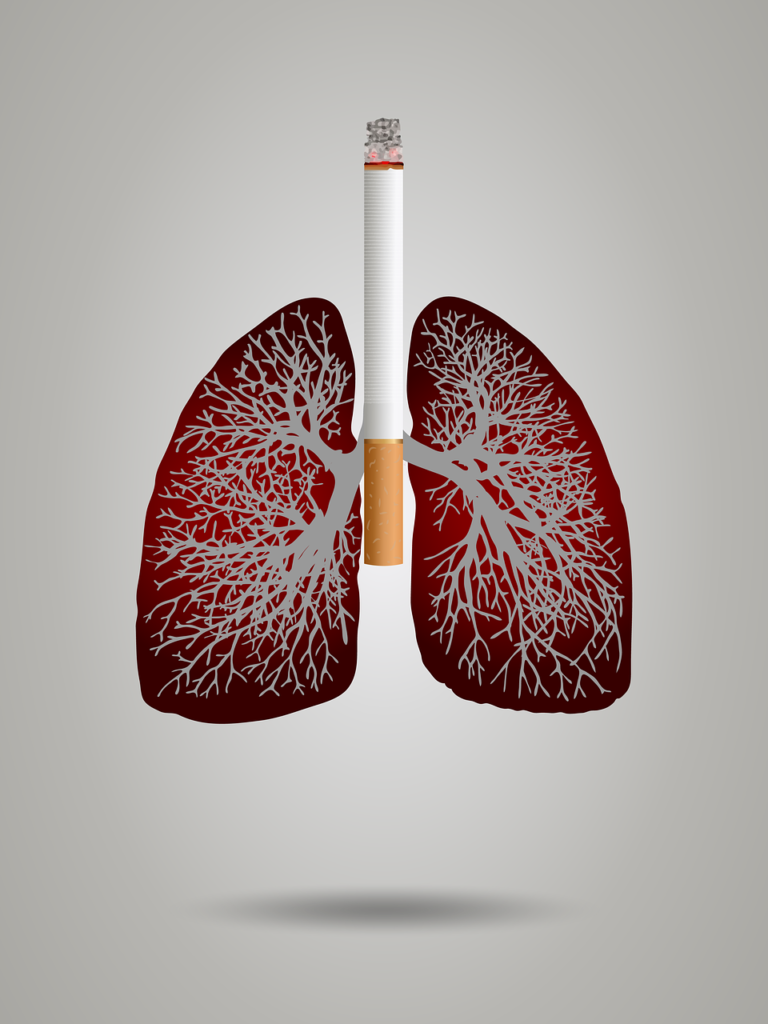Recent advances in the treatment of cancer have given new encouragement for prostate cancer, especially in the advanced setting when there has been severe resistance to the therapeutic interventions. A very interesting avenue currently being explored in the setting of prostate cancer is CAR-T cell therapy, a very newly discovered kind of immunotherapy. The first trials indicate a very optimistic outlook on CAR-T therapy for advanced, metastatic prostate cancer.

About CAR-T Immunotherapy
Our immune system is capable of fighting against several abominable forces, be it virus, bad bacteria, or cancer cells attacking us. Tumors, however, devise means to escape detection or destruction by the immune system. Hence, immunotherapies are about using the immune system in a manner that it can recognize and kill cancer.
Among the approaches to immunotherapy that has gained significant interest in recent years, CAR-T cell therapy is most prominent. CAR-T cell therapy is the process of taking a sample of the patient’s T cells, these being the white blood cell potentially endangered by the malignancy. The T-cells are treated such that they become antagonistic to proteins on the surface of cancer cells and returned back to the patient, who then holds these living agents attacking any cancer cell with that targeted protein.
CAR-T therapies have changed the treatment landscape for hematologic malignancies, such as leukemia and lymphoma. On the other hand, translating CAR-T cell therapies to solid tumors remains a difficult task, including prostate-derived malignancies.Nevertheless, the more recent results indicate that CAR-T cell therapy in prostate cancer could become a paradigm shift. It may be especially useful for patients with advanced disease whose cancer has spread far beyond the confines of the prostate.
Adventurous Research
Amongst the pioneers in researching CAR-T therapy for prostate cancer are scientists from the City of Hope in Duarte (California). Their study is to develop CAR-T cells targeting a protein called prostate stem cell antigen (PSCA). PSCA is highly expressed in prostate cancer cells at the later stages of their disease progression and most highly expressed on those tumors that have spread to bone.
The fourteen patients treated with engineered CAR-T cells were men suffering from metastatic prostate cancer and being unresponsive to hormonal therapy. All patients received an infusion of CAR-T cells (100 million), with some receiving an additional treatment called lymphodepletion, which was given to reduce the adverse effects of different immune cell populations against CAR-T cell activity.
Four patients experienced a decline in PSA, a marker for prostate cancer activity, of above 30 percent. One patient had a dramatic PSA decrease of over 90% during the 28-day follow-up period, with scans demonstrating significant shrinkage of tumors in both bone and soft tissue.More encouraging was that this positive response could be measured for at least eight months, raising the prospect that PART could yield a longer-term benefit for some patients.
However, there were some complications during the results. Mild cytokine-release syndrome (CRS) occurred in five patients, one of the known side effects of CAR-T therapy causing body-wide inflammation. In this case, CRS was effectively managed with treatment. There were also two patients who developed cystitis, which is irritation of the bladder. These were significant side effects, but they were manageable, and for many participants, the benefits of this treatment were substantial.
Challenges and Future Directions
Although CAR-T therapy has been promising, there still remain many obstacles before it becomes more widely used. One of the biggest problems remains that the engineered CAR-T cells did not persist at higher levels for long after the monitoring period. This means that the efficacy of treatment could have been impaired, and if these CAR-T cells are no longer present in the body in large numbers, the cancer could make a comeback. The research team intends to carry on with finding ways to prolong CAR-T-cell activity, thus enhancing the treatment’s long-term efficacy.
As mentioned before, prostate cancer also poses challenges in that it is known to be an “immunologically cold” tumor-one that can effectively hide from the immune system. Conventional immunotherapy methods, inclusive of CAR-T therapy, thus find it hard to mount an effective immune response against this disease. CAR-T therapy, however, is uniquely placed to circumvent these defenses with a stronger punch in its assault on the cancer. Dr. Tanya Dorff, a medical oncologist at City of Hope and the study’s first author, holds the view that CAR-T provides a powerful new tool to fight prostate cancer, even in instances where other therapies have failed.
Expert Opinions on CAR-T Therapy in Prostate Cancer
While promising results were seen, the medical community remains cautiously optimistic of the early trial. According to Dr. David Einstein, a medical oncologist at Beth Israel Deaconess Medical Center and assistant professor of medicine at Harvard Medical School, lymphodepletion as in the studies utilizing CAR-Ts could leave patients vulnerable to infection. In addition, life-threatening side effects such as high-fever and cytokine release syndrome means CAR-T therapy will likely be appropriate for only a select few.
“It’s a completely different and far more intensive treatment than hormonal or even chemotherapy,” Dr. Einstein states. “It’s a therapeutic modality that could, indeed, become a useful addition to the armamentarium of prostate cancer therapy, giving these patients another option after standard therapies have failed.”
Dr. Marc Garnick, a distinguished expert in prostate cancer and the Gorman Brothers Professor of Medicine at Harvard Medical School, also sees promise in CAR-T therapy. “This research is encouraging,” he says. “It marks the beginning of a completely different approach toward ridding one of cancer cells that have metastasized away from the prostate gland and away from all conventional modes like hormone therapy, chemotherapy, and radiation.”
The Road Ahead
CAR-T treatment of prostate cancer is still in the early stages of development, further understanding of its function is needed before it can even be counted among the treatment options. Researchers are actively working on improving the durability of the treatment and decreasing the chance of side effects, which are the challenges before the introduction of CAR-T cell therapy as a major weapon against prostate cancer in patients with advanced and metastatic disease.
At least for the time being; there is hope for prostate cancer patients and their physicians alike as this promising new approach is tested and refined further. Truly, with CAR-T at our horizon, the future of cancer therapy looks set to be a little brighter, illuminating the notion of a world where a cancer cell could be aimed for destruction by the immune system that was meant for its protection.

